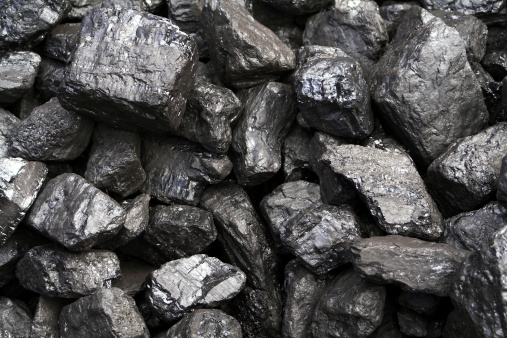
Among U.S. coal miners, Walter Energy Inc. (NYSE: WLT), which mines metallurgical coal exclusively, has suffered the most. The company is very close to filing for bankruptcy protection, as the stock trades well under $1 per share. In fact, shares posted a new 52-week low of $0.23 Wednesday morning, against a 52-week high of $6.84. In 2011 the stock traded above $140 a share.
At the end of the March quarter, the company reported cash totaling about $435 million. Short and current long-term debt totaled $3.02 billion. The company said last week, that it would skip another interest payment as it continues to negotiate a restructuring of its $3.1 billion debt.
Another coal company hard hit by the low price for met coal is Alpha Natural Resources Inc. (NYSE: ANR), which has seen its share price fall by nearly 90% in the past 12 months. As of last Friday, its market cap had fallen below $100 million, as has Arch Coal Inc.’s (NYSE: ACI). Both are producers of thermal coal used for electricity generation, as well as met coal for steelmaking. Arch Coal’s stock is down 88% in the past 12 months.
ALSO READ: 6 Analyst Stocks Under $10 Called to Rise 50% to 100%
If there is a coal company suffering a little less than these three, it is Peabody Energy Corp. (NYSE: BTU). Peabody’s shares are down about 85% over the past 12 months, but its met coal production all comes from Australia, where costs are lower. The drag on Peabody is that when the quarterly rates are negotiated for the third-quarter contracts, the price is virtually sure to fall. Second-quarter deals with customers were pegged at $109.50 per metric ton, but customers are offering around $95 per metric ton for third-quarter deliveries.
Analysts at Doyle Trading Consultants note that another drag on coal mining stocks is the potential loss of the companies’ ability to self-bond their environmental reclamation obligations. Doyle reported that Peabody had $1.36 billion of self-bonding in place, Alpha had $676 million and Arch had $459 million. Doyle’s analyst noted:
Recent news reports indicate [Peabody] and [Arch Coal] no longer qualify under certain self-bonding requirements, though both companies denied the allegations. If companies fail to comply, they will be forced to get reclamation bonds from a surety company, which will soak up capital through collateral and interest payments.
We may as well add a word about thermal coal to this tale of woe. Electricity generation fell 1.3% year over year in the first quarter of this year. Thermal coal demand dropped nearly 16% in the same period.
ALSO READ: Which Stocks Will Take the Brunt of the Next Big Hit to the Dow?
Arch Coal traded up more than 8.3% midday Wednesday, at $0.43, on no specific news. The company’s 52-week trading range is $0.36 to $3.77.
Alpha Natural Resources traded up 3.0% at $0.41 in a 52-week range of $0.38 to $4.16.
Peabody Energy traded down 1.2% at $2.36, in a 52-week range of $2.21 to $17.21.
And Walter Energy dropped to a new low of $0.22, versus a 52-week high of $6.84.
It’s Your Money, Your Future—Own It (sponsor)
Are you ahead, or behind on retirement? For families with more than $500,000 saved for retirement, finding a financial advisor who puts your interest first can be the difference, and today it’s easier than ever. SmartAsset’s free tool matches you with up to three fiduciary financial advisors who serve your area in minutes. Each advisor has been carefully vetted and must act in your best interests. Start your search now.
If you’ve saved and built a substantial nest egg for you and your family, don’t delay; get started right here and help your retirement dreams become a retirement reality.
Thank you for reading! Have some feedback for us?
Contact the 24/7 Wall St. editorial team.




